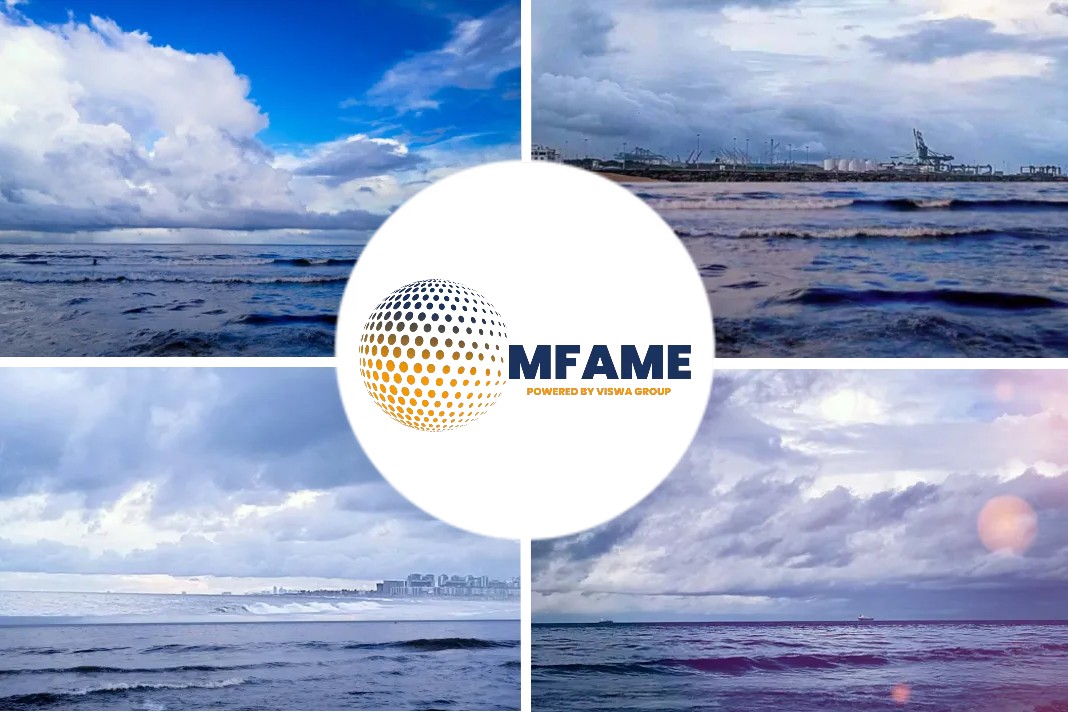
- YMN Tankers’ deputy general manager, Yaman Şen, explains his concerns about the impact of decarbonisation on the industry.
- Discussions have been held regarding potential changes to IMO regulations in two main areas.
- In conclusion, decarbonisation is an essential part of transitioning to more sustainable practices in various industries, including shipping.
Decarbonisation is having a significant impact on industries worldwide, with a growing recognition of the urgent need to address climate change and reduce greenhouse gas emissions.
Decarbonisation in shipping
In Turkey and other parts of the world, many industries and businesses are transitioning to more sustainable practices, with decarbonisation being a key part of this effort.
The shipping industry is one of the industries that regulators are pressuring the most to decarbonise, as it is relatively easy to implement compared to other sectors.
However, the way decarbonisation is being implemented in the shipping sector is seen as unfair, as it requires huge investments and the involvement of charterers, which need to commit to long-term charters.
Changes in IMO regulations
Discussions have been held regarding potential changes to IMO regulations in two main areas: reducing greenhouse gas emissions; and improving the safety and welfare of seafarers. Stakeholders have called for more ambitious emissions reduction targets and the implementation of a carbon tax, or an emissions trading scheme (ETS).
Some have also called for stricter regulations and enforcement measures to address crew fatigue, inadequate training, and inadequate access to medical care.
Owners would like IMO to be clearer about its regulations, especially when it comes to building/ordering new vessels, as they would like to know which type of fuel will be used for at least the next 20 years.
The EU ETS may increase the cost of operating tankers and make it more expensive to transport goods, potentially leading to a decrease in demand for tanker services in Europe.
On the other hand, it could also create new opportunities for growth in the tanker industry, if it successfully incentivises emissions reductions and encourages the development of more sustainable transportation options.
Reducing GHG emissions
Reducing greenhouse gas emissions through the use of more efficient engines, alternative fuels, such as methanol or biofuels, and hybrid propulsion systems is another area of focus.
Other technologies being incorporated into modern tanker designs include advanced navigation and communication systems, automation and digitalisation, and enhanced safety features, such as hull monitoring systems and ballast water treatment systems.
Technological advancements
Looking ahead, the main differences between a product tanker of today and one of 2050 will be technological advancements and tighter emissions standards.
The new vessels will offer higher efficiency, lower emissions, more automation, and more advanced safety features.
Oil products will likely be carried mostly by larger tonnage, and there is potential for Turkish shipyards to build these niche tankers, as the Chinese, South Korean, and Japanese yards become more expensive.
Transition to sustainable practices
In conclusion, decarbonisation is an essential part of transitioning to more sustainable practices in various industries, including shipping.
However, its implementation should be carefully balanced to achieve its intended goals without creating unintended consequences or negative impacts.
Did you subscribe to our Newsletter?
It’s Free! Click here to Subscribe.
Source: Riviera





















